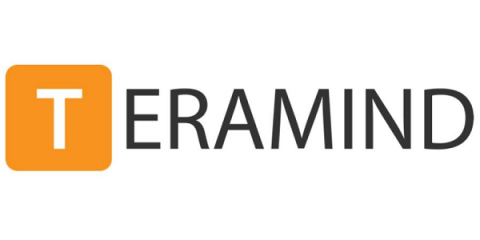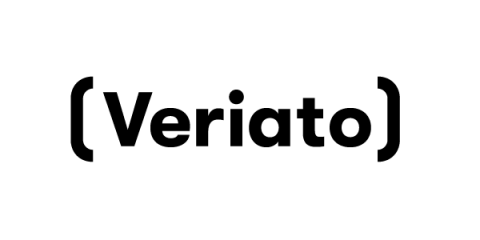Insider Threats: Risk Assessment Considerations for Remote Work
The outbreak of COVID-19 has led many businesses to transition a large number of employees to remote work. The shift could end up becoming a long-term trend; it’s expected to continue after the pandemic ends. Therefore, it is more important than ever to develop strategies for managing and responding to risks within your organization. Internal risk management procedures will need to adapt to the issue of insider threats, a challenge which is compounded by remote work.





